Millions of individuals worldwide suffer from kidney stones, a painful yet common condition. If left untreated, these tiny, hard lumps that develop in the kidneys can be extremely painful and cause major health issues. The causes, symptoms, potential therapies, and preventative strategies of Kidney Stones will all be explored in this Thesis.
What Are Kidney Stones?
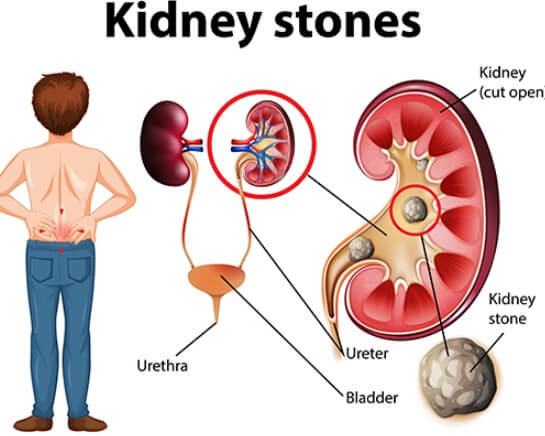
Kidney stones are hard lumps of minerals and salt that form in your kidneys. They can be as small as a grain of sand or as big as a golf ball. They form when your urine becomes too concentrated, causing minerals to stick together and form crystals.
There are four main types of kidney stones:
- Calcium stones – The most common type, usually made of calcium oxalate.
- Uric acid stones – Often form in people who don’t drink enough fluids or have a high-protein diet.
- Struvite stones – Usually result from infections and can grow quickly.
- Cystine stones – Rare and usually occur due to a hereditary disorder.
Common Causes of Kidney Stones
Kidney stones often develop due to a combination of genetic, dietary, and environmental factors. Here are some common causes:
- Dehydration: Not drinking enough water makes your urine more concentrated, which helps minerals form crystals.
- High-sodium diet: Too much salt increases calcium in the urine.
- Oxalate-rich foods: Foods like spinach, beets, and nuts are high in oxalate, which can bind with calcium to form stones.
- Excessive protein: Eating a lot of animal protein can raise uric acid levels, which can lead to uric acid stones.
- Medical conditions: Conditions like hyperparathyroidism, urinary tract infections, and digestive diseases can contribute.
- Family history: If kidney stones run in your family, you’re more likely to develop them.
Symptoms of Kidney Stones
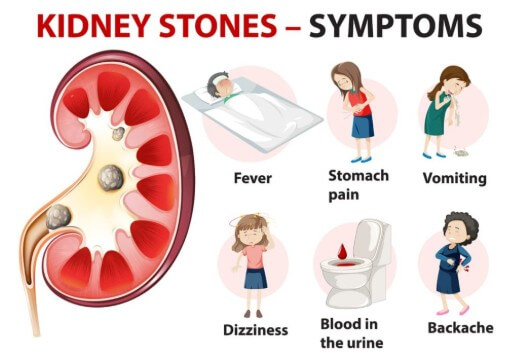
Kidney stones don’t always cause symptoms. But when a stone moves or gets stuck in the urinary tract, it can cause a lot of pain and other symptoms, such as:
- Severe pain in the back, side, or lower abdomen
- Pain during urination
- Pink, red, or brown urine (hematuria)
- Cloudy or foul-smelling urine
- Nausea and vomiting
- Frequent urge to urinate
- Fever and chills (if there’s an infection)
Pain often comes in waves and fluctuates in intensity, depending on the stone’s movement.
How Are Kidney Stones Diagnosed?
To diagnose kidney stones, doctors usually look at your medical history, do a physical exam, and run tests. If they think you have kidney stones, they may use imaging tests like a CT scan, which is the best way to find them.
In some cases, X-rays or ultrasounds may also be used, especially for pregnant women or those needing lower radiation exposure. Urine tests are often used to check for substances that form crystals or signs of infection. Blood tests can show if you have high levels of calcium or uric acid, which can cause stones.
If you pass a stone, your doctor may analyze it to understand what it’s made of. This helps find the cause and suggest ways to prevent future stones.
Treatment Options for Kidney Stones
Treatment depends on the type, size, and location of the kidney stone. Here are the most common treatment options:
1. Home Remedies and Conservative Management
Small stones (less than 4 mm) often pass on their own. Doctors may recommend:
- Drinking lots of water: 2 to 3 liters per day to help flush the stone.
- Pain relievers: Such as ibuprofen or acetaminophen.
- Medical therapy: Alpha-blockers like tamsulosin can relax muscles and help pass stones faster.
2. Medical Procedures
If the stone is too big or causes problems, you may need medical treatment:
- Extracorporeal Shock Wave Lithotripsy (ESWL): Uses sound waves to break the stone into smaller pieces.
- Ureteroscopy: A thin tube is passed through the urethra and bladder to remove or break up the stone.
- Percutaneous nephrolithotomy: Surgery to remove large or uneven stones through a small cut in the back.
3. Surgical Removal
Rarely, open surgery is performed to remove very large stones or those causing damage to kidney function.
Preventing Kidney Stones
Kidney stones can often be prevented by making some simple lifestyle changes:
1. Stay Hydrated
Drink plenty of water throughout the day. A good rule of thumb is to drink enough to produce about 2.5 liters of urine daily.
2. Eat a Balanced Diet
- Reduce salt intake: Avoid processed foods and limit table salt.
- Limit oxalate-rich foods: Especially if you’re prone to calcium oxalate stones.
- Eat calcium-rich foods: Surprisingly, eating calcium-rich foods can help prevent stones by working with oxalate.
- Moderate protein intake: Especially animal protein, which increases uric acid.
3. Monitor Supplements
Some supplements, like vitamin C and calcium, can increase stone risk if taken in high doses. Always consult a doctor before starting any new supplement regimen.
4. Maintain a Healthy Weight
Obesity can increase the risk of developing kidney stones. Exercise regularly and eat a healthy diet to manage your weight.
5. Follow Medical Advice
If you’ve had kidney stones before, your doctor may prescribe medications to prevent recurrence based on the type of stone.
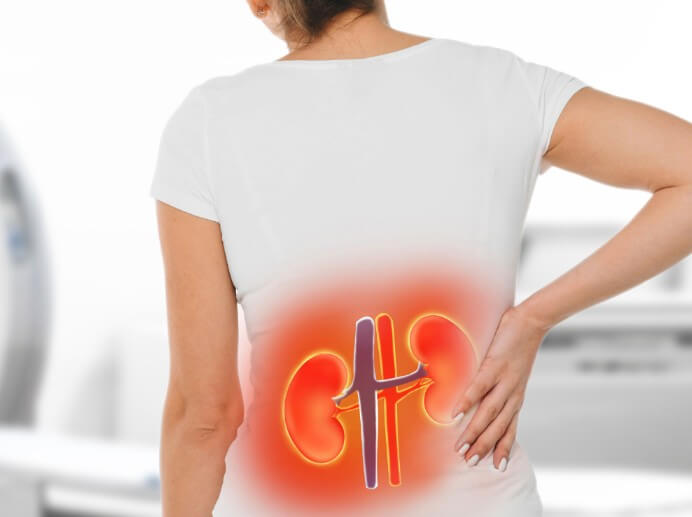
Living with Kidney Stones
Living with kidney stones can be tough, especially if they keep coming back. After having one, it’s important to make lifestyle changes to lower the chance of getting more. Keeping track of any stones you pass and having them checked can help your doctor figure out how to prevent future ones.
Regular check-ups with your doctor are important to keep track of your kidney health and make any needed changes to your diet or medications. Drinking enough water, eating a healthy diet, and staying informed about your condition can help reduce your risk of kidney stones and keep your kidneys healthy.
When to See a Doctor
It’s important to know when symptoms of kidney stones require medical attention. If you have strong, lasting pain in your back, side, or lower belly that doesn’t go away, it could mean a kidney stone is blocking your urinary tract. Also, if you see blood in your urine, or have a fever, chills, nausea, vomiting, or trouble urinating, you should see a doctor right away. These symptoms may signal a complication such as an infection or kidney damage. If you ignore these signs, things could get worse, so don’t wait, call your doctor or go to the emergency room if the pain gets stronger or new symptoms show up.
Myths and Facts About Kidney Stones
Myth 1: Only older adults get kidney stones. Fact: Kidney stones can affect people of any age, including children.
Myth 2: Dairy products cause kidney stones. Fact: Dietary calcium can actually help prevent calcium oxalate stones.
Myth 3: Once you pass a stone, you’re cured. Fact: Recurrence is common, and preventive steps are crucial.
Myth 4: Drinking lots of soda causes stones. Fact: Some sodas, especially ones with a lot of sugar or certain acids, can raise your risk of kidney stones — but not all drinks are bad for you.
Final Thoughts
Kidney stones can hurt a lot, but you can manage them with the right steps. Drinking plenty of water, eating healthy, and seeing your doctor regularly can help you avoid the pain and stop stones from coming back.
If you think you have a kidney stone or feel any strange pain, see a doctor right away. Acting early can help you avoid serious problems and keep your kidneys healthy in the future.
Frequently Asked Questions (FAQs)
1. Can kidney stones be dissolved naturally? Some smaller stones may dissolve with medication or dietary changes, especially uric acid stones. Always consult your doctor first.
2. Are kidney stones hereditary? Yes, a family history can increase your risk, but lifestyle factors are just as important.
3. How long does it take to pass a kidney stone? It varies — anywhere from a few days to several weeks, depending on the stone’s size and location.
4. Can exercise help with kidney stones? While exercise won’t cure stones, staying active and maintaining a healthy weight helps in prevention.
5. Is surgery the only option for large stones? Not always. ESWL and ureteroscopy are non-surgical options that can break down large stones effectively.
You should read: Schizophrenia: Building a Balanced Life for Success and Well-being in 2025







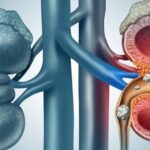



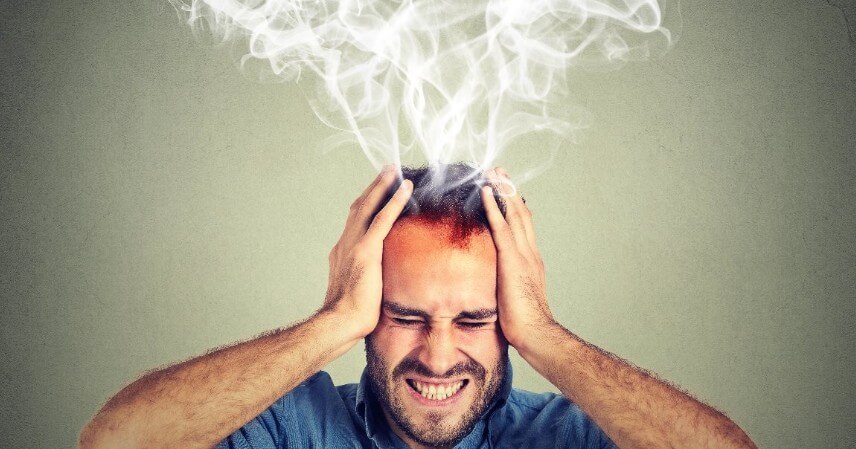
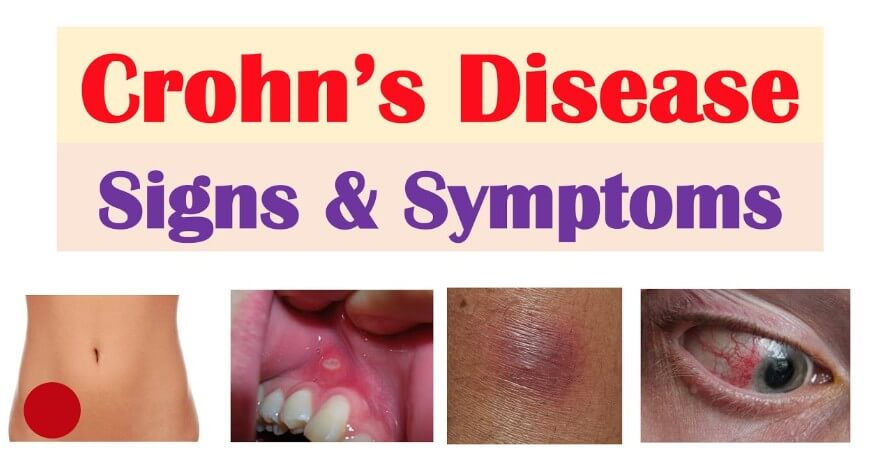
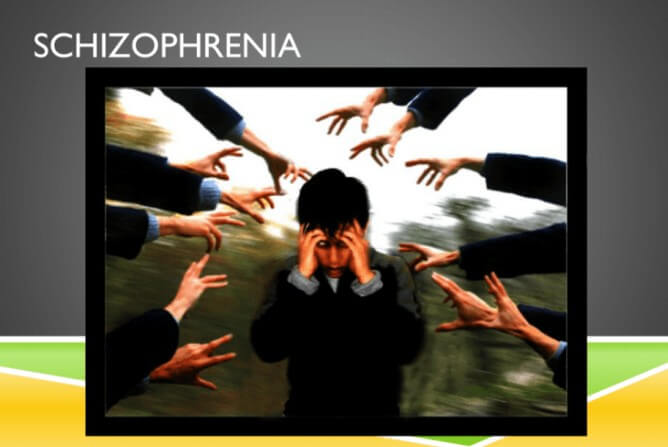

One thought on “Kidney Stones: Causes, Symptoms, Treatment & Prevention – Everything You Need to Know”